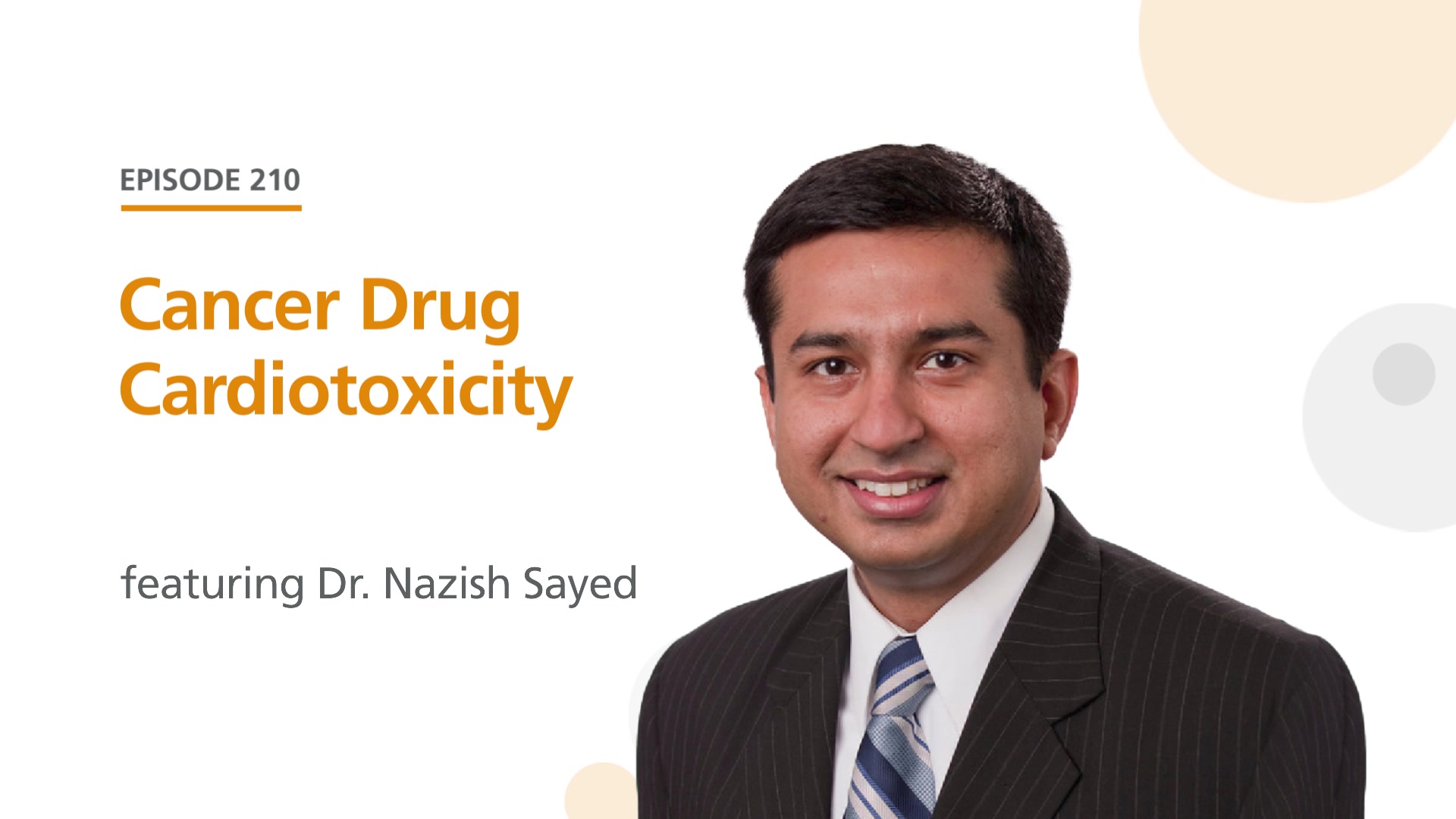
Podcast: Play in new window
Guest:
Dr. Nazish Sayed is an Assistant Professor of Surgery at the Stanford Cardiovascular Institute. His lab is focused on developing new technologies that drive innovation in regenerative medicine, disease modeling, and drug testing in vascular biology. He talks about developing an inflammatory clock for aging, using iPSC-derived endothelial cells to run a clinical trial in a dish, and his experience as a cancer patient.
Featured Products and Resources:
- Learn how patient-derived and gene-edited hPSC lines can be used to model cardiac disease in vitro.
- Expand, maintain, and differentiate skeletal muscle progenitor cells with MyoCult™.
The Stem Cell Science Round Up
A Pig Heart Transplant – A genetically modified pig heart was transplanted into a human patient.
Sex Differences in Brain Organoids – Researchers used brain organoids to study the effects of androgen exposure in early development on excitatory neurons and brain volume.
An iPSC-Derived Model of Albinism – Scientists generated a patient-derived retinal pigment epithelium model that recapitulates the pigmentation defects seen in albinism.
From Clonal Hematopoiesis to Myeloid Malignancies – Researchers showed that TRAF6 loss can initiate acute myeloid leukemia in the context of clonal hematopoiesis.
Photo Reference: Courtesy of Dr. Nazish Sayed

